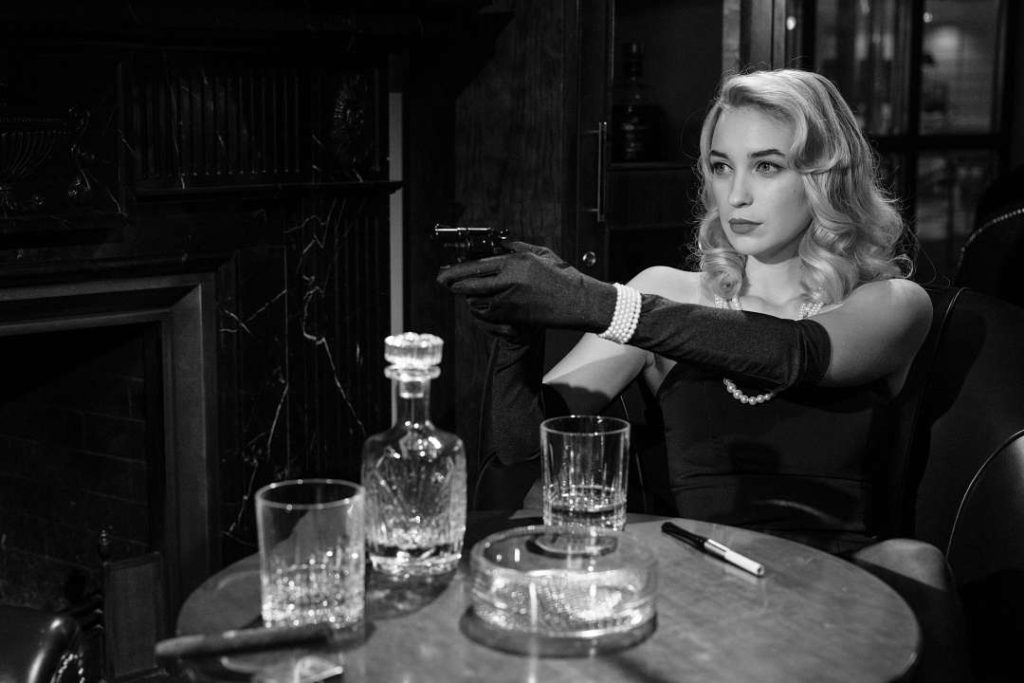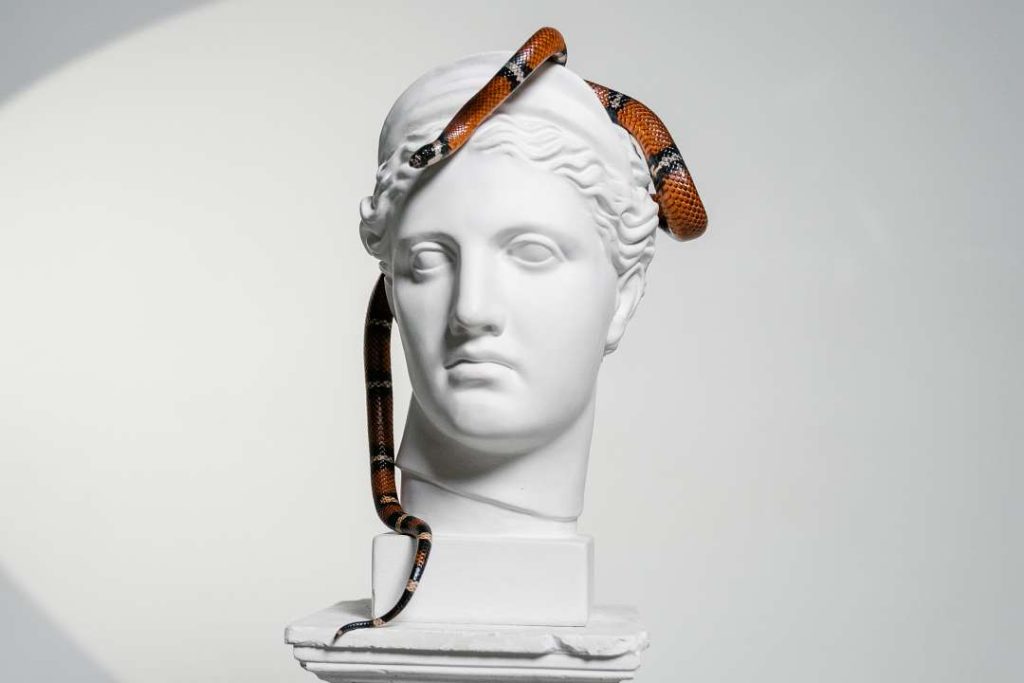All crime fiction is based on a mystery to be solved. But since the beginning of the crime fiction in the early 1800s to the thousands of contemporary authors this genre has evolved continuously, creating new sub-genres and crossovers.
But what are these sub-genres and, in general, why may it be so important to define these sub-genres?
Because it helps to understand what to expect or how to choose a book or a movie. And, if you are an author (or a wannabe author), it helps to understand your audience, what are their expectations and tastes.
CRIME FICTION SUB-GENRES
Crime fiction falls into a wide range of sub-genres and their definition is anything but univocal. Depending on the various critics or authors, the crime fiction is divided differently. Moreover, the main sub-genres have different styles and shades, creating further sub-genres. We also should consider that the crime fiction is in continuous evolution and new sub-genres arise from time to time.
Now let’s see what are the main crime fiction sub-genres… an some more unusual!
THE CLASSIC CRIME FICTION (CLASSIC WHODUNIT)

The classic crime fiction is the detective fiction, where the deduction skill of the detective is the key element. In fact, this sub-genre is based on the difficulty of the investigation, on the deduction and on the precision of the resolution.
Mysteries of this type prefer the complexity of the mechanics of a crime over the in-depth study of the characters and the meticulous description of the setting. Central importance is also given by the display of alibis and motives of the suspects. The suspects’ alibi is often crucial and must be meticulously analyzed.
Therefore, this kind of crime fiction is like a game, a challenge, where the detective has to solve the intricate enigma with the power of his mind. As a result, there is a “virtuosity” of the author on how, where and when deploy the pieces of the puzzle and there is a transfer from the detective to the reader so the real challenge of intellect and deduction is between himself and the author.
At the end of the story, the detective exposes the solution of the crime to the suspects, answering the two famous questions: Who did it? And how?
The story has a conclusion defined as “reconciling”, that is, it ends without particular consequences for the characters.
THE LOCKED-ROOM MYSTERY
A theme that has been used by many authors is the so-called “Locked-Room”.
A murderer managed to kill a person in a seemingly impossible way, inside a virtually sealed place where no one, apparently, could have managed to get in or out.
The discovery of the body plunges the investigator into a sort of illusionist show in which not only deduction but also lateral thinking can help transform the impossible into real, and finally solve the mystery.
CLASSIC CRIME FICTION AUTHORS
The authors that most forged this genre are Agatha Christie, Edgar Allan Poe, Arthur Conan Doyle, Gaston Leroux, John Dickson Carr, and you should definitely read their masterpieces if you love this genre.
NOIR FICTION

Noir (black in French) fiction put greater emphasis on the psychology of the characters and the setting. In fact, in noir stories the centrality of the narrative is represented by the events that happen, the context where they happen and what they determine on a psychological level to the characters who experience them.
The protagonists are either victims, suspects, or perpetrators, and they often have a self-destructive attitude or make self-destructive choices. Even when the detectives are the protagonists, they’re more like anti-heroes, troubled by their past or their personal demons.
And also, the situations they experience try to push them to the edge, forced to deal with a corrupt system where they may become either victim and/or executioner, designated for a lose-lose situation.
Can the crooked cop be the good guy and the kind doctor the victimizer? Yes, of course, because “noir is different. In noir, everyone is fallen, and right and wrong are not clearly defined and maybe not even attainable” (Megan Abbott).
MEDITERRANEAN NOIR
The main themes of these stories have a strong connection with reality and generally the stories have important social implications. The themes dealt with are those of the underworld, organized crime, poverty and the general underdevelopment of the southern regions in contrast with the mildness of the climate, the beauty of the landscapes and the goodness of the typical food and wine.
AMERICAN HARDBOILED
Hardboiled is the typical style of American thrillers.
The difference between hard-boiled and noir mysteries is subtle. Consequently, some critics associate hardboiled fiction with the noir genre, while others tend to consider them as two distinct genres. Both genres feature violence, sex and have a rough and gritty tone, but in noir, the protagonist isn’t a detective, but a victim, a suspect, and/or a perpetrator of crime.
The main feature of the hardboiled stories is that they are very focused on the figure of the detective (a private eye or an ex-cop), on his rude ways and on his tormented psychology.
The settings are the American metropolis, with their crooked cops, corrupted politicians and violent mobsters.
BEST NOIR AUTHORS
Among the best noir authors we can find James Ellroy, Jean-Claude Izzo.
For the Mediterranean Nor we can suggest some Italian writers, such as Andrea Camilleri, Giancarlo de Cataldo, Carlo Lucarelli.
For Hardboiled fiction the main authors probably are Dashiell Hammett e Raymond Chandler.
HISTORICAL CRIME FICTION

Historical crime fiction captures the details of the time period as accurately as possible for authenticity, including social norms, manners, customs, and traditions. Many novels of this genre tell fictional stories that involve actual historical figures or historical events.
So, the plot is a combination of historical episodes (and persons) and fictional events. Consequently, historical crime fiction is able to transport the audience into the narrative of the selected.
The protagonists are usually highly educated and smart, such as curious renegade monks, lawyers and scholars.
BEST HISTORICAL CRIME FICTION AUTHORS
Among the best authors we suggest Umberto Eco, Paul Doherty, Anne Perry and Ellis Peters.
SPY CRIME FICTION
Spy stories involve espionage, clever spies, intelligence agencies, rogue states, ruthless corporation and evil masterminds. The context of the story is very important, because usually there is a high stake involved that can change the world or the lives of millions of people or their freedom.
In spy fiction, good and bad parties are clearly defined. The protagonist is on a mission, so the story has a lot of action. An articulate plot is also fundamental in a good spy story, so there is usually a complicated plan of the bad guy the spy has to stop, double agents and twists. The spy crime fiction is definitely adrenaline and the readers are called to solve the mystery along with the main character.
BEST SPY CRIME FICTION AUTHORS
If you love this genre we recommend some of the most famous authors such as Ian Fleming, Tom Clancy and Ken Follett.
PSYCHOLOGICAL THRILLER

Psychological thrillers share many of their key elements with mystery and crime fiction, but the investigation, rather than being based on the search for evidence and clues, is focus on the psychological motives of the characters. The suspects have very defined personalities and generally a difficult past, perhaps repressed or unknown.
The story is often told through the eyes of psychologically stressed characters, so that the narrative may be distorted by their flawed perceptions.
Therefore, the irrational impulses, the unspoken desires and the psychological deviations of the characters are at the center of the story, and only understanding these characters the mystery can be solved. Consequently, the protagonist, like a psychologist, must delve into the mind of the killer to solve the case.
GRIP LIT
Grip lit is a combination of the crime fiction with the chick lit sub-genres (or literature for girls). Therefore, we can consider grip lit fiction (also known as domestic thriller) as a sub-genre of the psychological crime fiction, generally with female characters and domestic settings.
The Grip Lit novels can be considered “feminine psychological detective stories” as the protagonists of these stories are tormented women struggling with sentimental or family dramas added to the psychological problems of the protagonists.
The protagonists of these stories, generally victims and heroines, live within unrevealed mysteries, dangerous secrets and repeated lies.
SERIAL KILLER
One of the most jaw-dropping sub-genre of the crime fiction is for sure serial killer fiction.
Most fictional serial killer narratives employ the serial killer as a plot device, and sometimes they relegate the character to the secondary role of antagonist. However, sometimes authors choose a first-person serial killer narrative, using the story as a vehicle to explore the psyche of the killer, a real “human monster”.
In any case usually the investigation is focused on defining the killer’s modus operandi, trying to profile his deviance by relating the psychological motives to the evidence discovered.
BEST PSYCHOLOGICAL THRILLER AUTHORS
Among the many authors we recommend Wulf Dorn and Dennis Lehane; Gillian Flynn, Paula Hawkins and Gail Honeyman for the grip lit; Jefferey Deaver and Tomas Harris for the serial killer fiction.
THRILLER
Probably there is no univocal definition of thriller fiction. According to International Thriller Writers, a thriller is characterized by “the sudden rush of emotions, the excitement, sense of suspense, apprehension, and exhilaration that drive the narrative, sometimes subtly with peaks and lulls, sometimes at a constant, breakneck pace.”
In short, thriller fiction is designed to hold the interest by the use of a high degree of intrigue, suspense and action.
LEGAL THRILLER
The legal thriller is a sub-genre of thriller and crime fiction which combines the heart-pounding suspense of the thriller with procedural and crime elements.
The system of justice itself is always a major part of these works, at times almost functioning as one of the characters. In general, “Justice” itself tends to be the main theme of the story and the characters are often driven by an overwhelming need of justice.
The protagonists are always key players in a court of law such as district attorneys, defense attorneys, corporate litigators, personal injury lawyers, judges, and jurors. In most cases they are willing to sacrifice everything, even their own lives, to bring justice.
MEDICAL CRIME FICTION
Medicine is a powerful narrative tool because it is in itself mysterious. Not by chance medical mystery is one of the most popular sub-genres.
Hospital or labs are obviously a key element of the setting. In most cases the protagonists are coroners who, based on the clues found on the victim’s corpse, are able to reconstruct the dynamics of death, the time and place where it occurred and any traces left by the killer.
In conclusion, medicine and crime are a very effective match!
BEST THRILLER AUTHORS
Among the many authors we recommend Tom Clancy, Stieg Larsson, Joel Dicker and Patricia Cornwell; Michael Connelly, Erle Stanley Gardner and John Grisham for the legal thriller; Richard Austin Freeman and Michael Crichton for the medical fiction.
HORROR

Can crime fiction be horror? Why not! Nowadays all the genres are promiscuous, there are almost a hundred of sub-genres. However, crime and horror is not an easy crossover. For example, someone may argue that novels like Misery or American Psycho may be thriller horror. But probably they aren’t. Because they don’t have a key element to be a horror: the supernatural. The supernatural may be either part of the setting and/or a key component of the plot.
Most probably the father of the current thriller horror fiction is the Gothic novel, with books like The Strange Case of Dr. Jekyll and Mr. Hyde. Among today’s authors we suggest you read Falling Angel by William Hjortsberg and the Pendergast series by Douglas Preston and Lincoln Child.
